While some are limiting their opening hours in order to save on electricity costs, it’s again possible to gather in a group with a steaming glass of Glühwein, or sift through the many stands selling homemade goods and sweets, be it Lebkuchen (gingerbread) or gebrannte Mandeln (roasted almonds, usually laced with cinnamon and sugar).
While some Christmas markets have become more commercial in recent years (we don’t recommend to head to Berlin’s Potsdamer Platz as your only Weihnachtsmarkt stop), there are still many that retain a traditional character, serving up local specialties in a gemütlich (cozy) atmosphere.
Here are seven of our top recommendations of top markets starting the week of November 21st.
Streizelmarkt, Dresden, November 23rd-December 24th
No Christmas Market list would be complete without the Streizelmarkt – Germany’s oldest Christmas market in the “Florence on the Elbe”.
This market, situated in Dresden’s charming city centre, first took place in 1434, and since then it has acquired quite a reputation. The ancient festival is home to the tallest Christmas pyramid in the world, as well as its largest nutcracker.
Amongst the dozens of traditional stands, visitors to this market must also indulge themselves with a Dresdner Christstollen: the famous fruit loaf that is baked according to a traditional recipe with chopped dried and candied fruits, nuts and spices and dusted with powdered sugar.
Visitors can also take a ride on the historic Ferris wheel and gaze down upon the lovingly decorated huts of the Striezelmarkt.
READ ALSO: The secrets behind Stollen, Germany’s beloved holiday treat
Mainzer Weihnachtsmarkt, November 24th-December 24th
Recently crowned Germany’s ‘most dynamic city’, Mainz also boasts a fascinating history stretching back over a thousand years. It is also known for one of Germany’s most charming old towns, making it the perfect setting for this market.
Visitors can’t miss the eleven-metre high, ornately decorated Christmas pyramid, which lights up the entrance. Just a few steps away, hand-carved, life-size nativity figures glow in front of the Gotthard Chapel of the famous St. Martin’s Cathedral.
READ ALSO: The unlikely place crowned ‘Germany’s most dynamic city’
Medieval Market and Christmas Market, Esslingen, November 22nd-December 22nd
The Medieval Market and Christmas Market in Esslingen in Baden-Württemberg, with its backdrop of medieval half-timbered houses, offers visitors a trip back in time, with traders and artisans showing off their goods from times gone by.
The stands show off the wares of pewterers, stonemasons, blacksmiths, broom makers and glass blowers, as well as some old-fashioned merchants selling fun themed goods like drinking horns and “potions” in bottles.
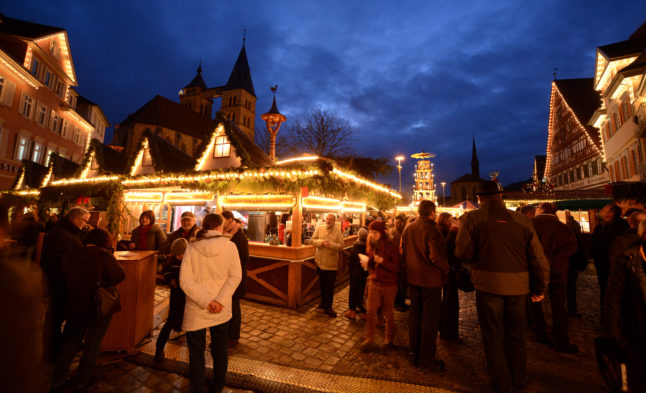
Christkindlesmarkt, Augsburg November 21st to December 24th
With its origins in the 15th century, the Christkindlesmarkt in Augsburg is one of the oldest in Germany, and the Renaissance town hall provides a particularly beautiful backdrop to this winter wonderland.
As well as a wide variety of stands selling handcrafted nicknacks and tasty treats, the Augsburg market also has some especially magical features, including the “Heavenly Post Office,” and “Fairytale Lane”: an animated fairytale depicted in ten scenes in decorated shop windows around the marketplace.
Maritime Christmas Market on the Koberg, Lübeck, November 21st-December 30th
Centred around the gothic, middle-aged church of St. Jacob, this market in the so-called “Christmas city of the north” celebrates the city’s historical sea-faring residents by creating a cosy harbour atmosphere with old wooden barrels, nets and a stranded shipwreck as well as a Ferris wheel with an unforgettable view of Lübeck’s old town and harbour.
Culinary stands offer visitors sweet and savoury dishes, and beverages such as hot lilac punch, mulled wine and, of course, rum.
Erfurter Weihnachtsmarkt, November 22-December 22nd
It may come as a surprise to some that this Christmas market in the lesser known eastern German state of Thuringia consistently tops lists of the country’s (and even Europe’s) best Christmas markets.
The enchanting Erfurter Weihnachtsmarkt encompasses over 200 stands, many of which sell local culinary specialties such as the Thüringer Bratwurst. There’s also a particularly large selection of arts and crafts, be it pottery or folk art from the nearby Ore Mountains. Kids will especially enjoy riding on the glowing Ferris wheel with its panoramic views of the Medieval Old Town.
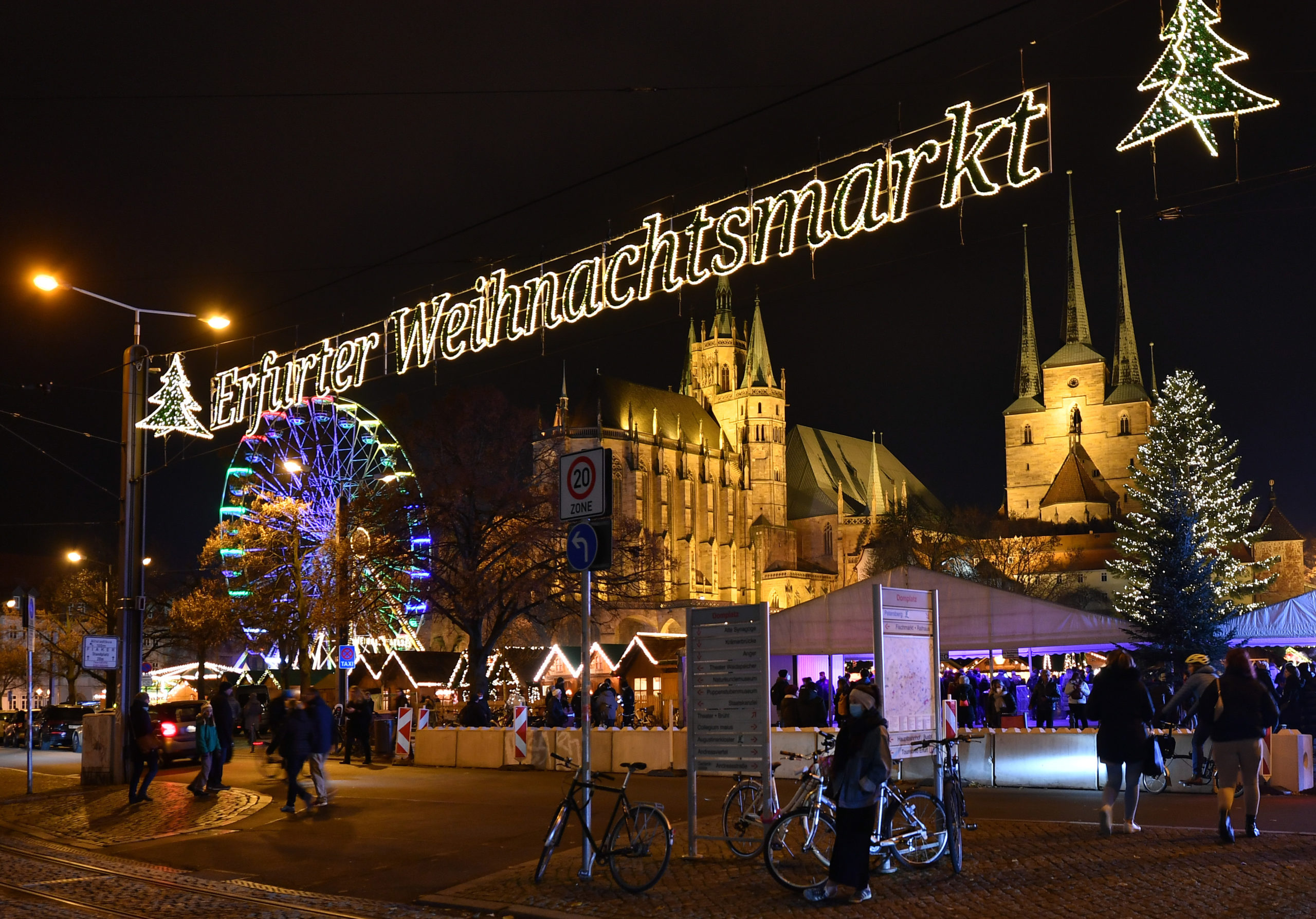
Nürnberger Christkindlesmarkt, November 25th-December 24th
One of the oldest and most famous Christmas markets in the world, this market is practically synonymous with the Christmas season in Germany. Numerous stands sell local woodcrafts as well as the two sweets the city is known for: Lebkuchen gingerbread and Spekulatius almond cookies, in addition to many other delicacies. There’s also a special market for children, which includes a carousel and steam train.
If you make it for the opening day, you can see the market’s namesake Christkind give an opening speech and gift-giving ceremony.
READ ALSO: German word of the day: Das Christkind

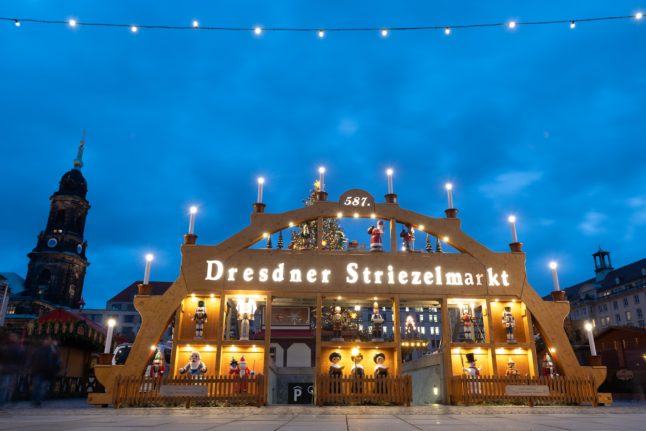
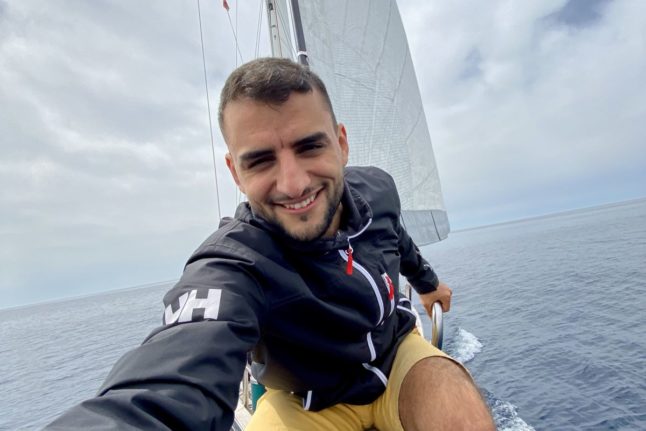
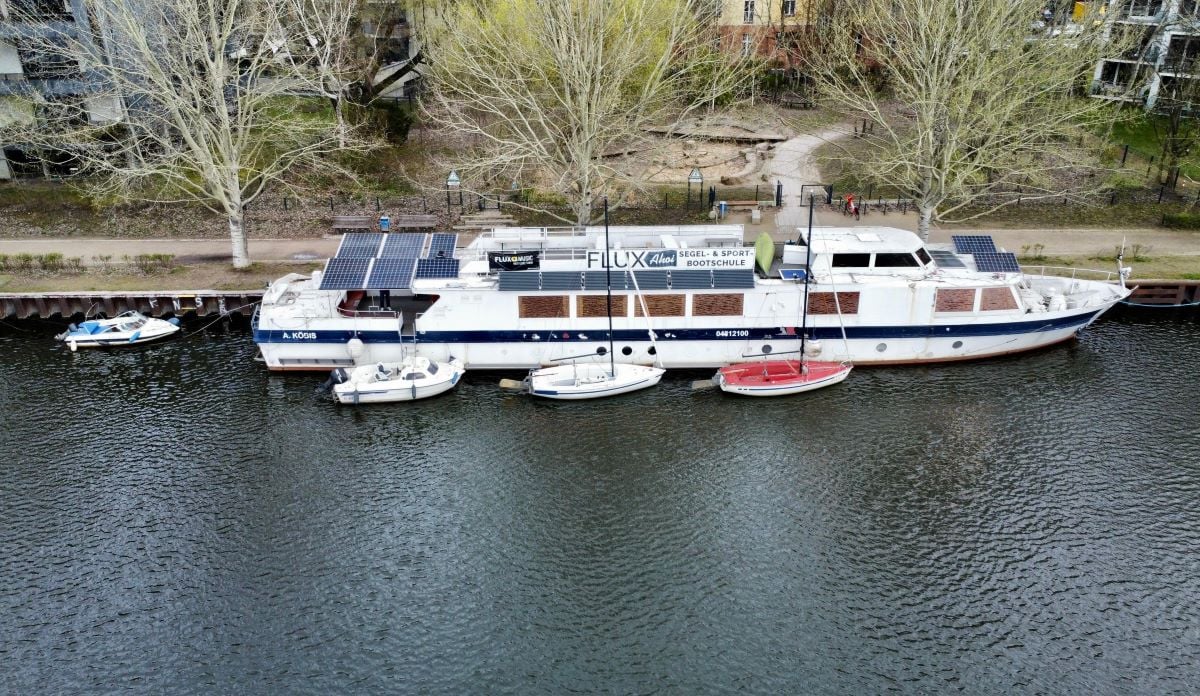
 Please whitelist us to continue reading.
Please whitelist us to continue reading.
Member comments